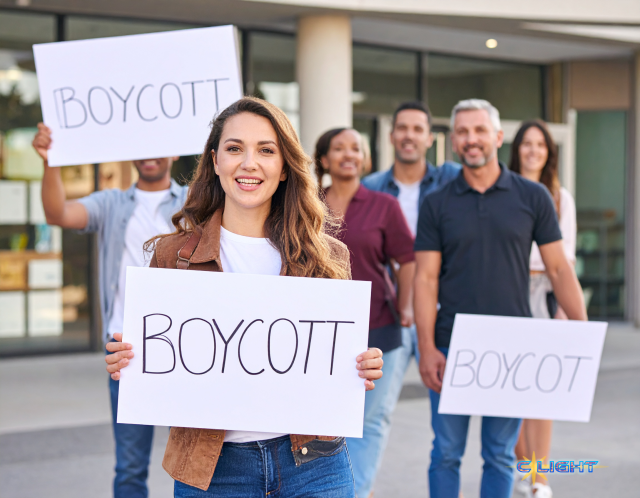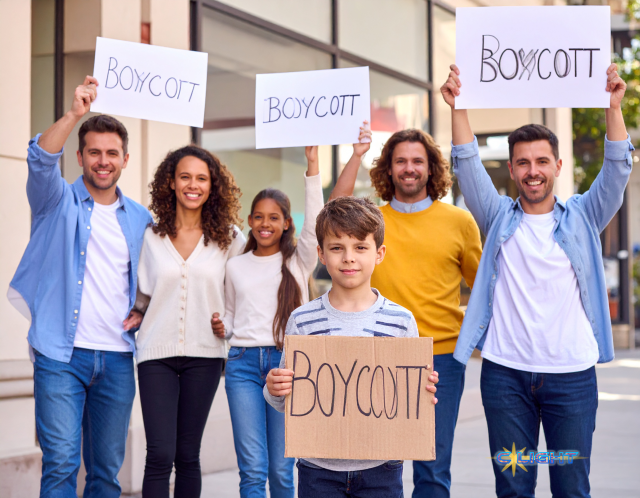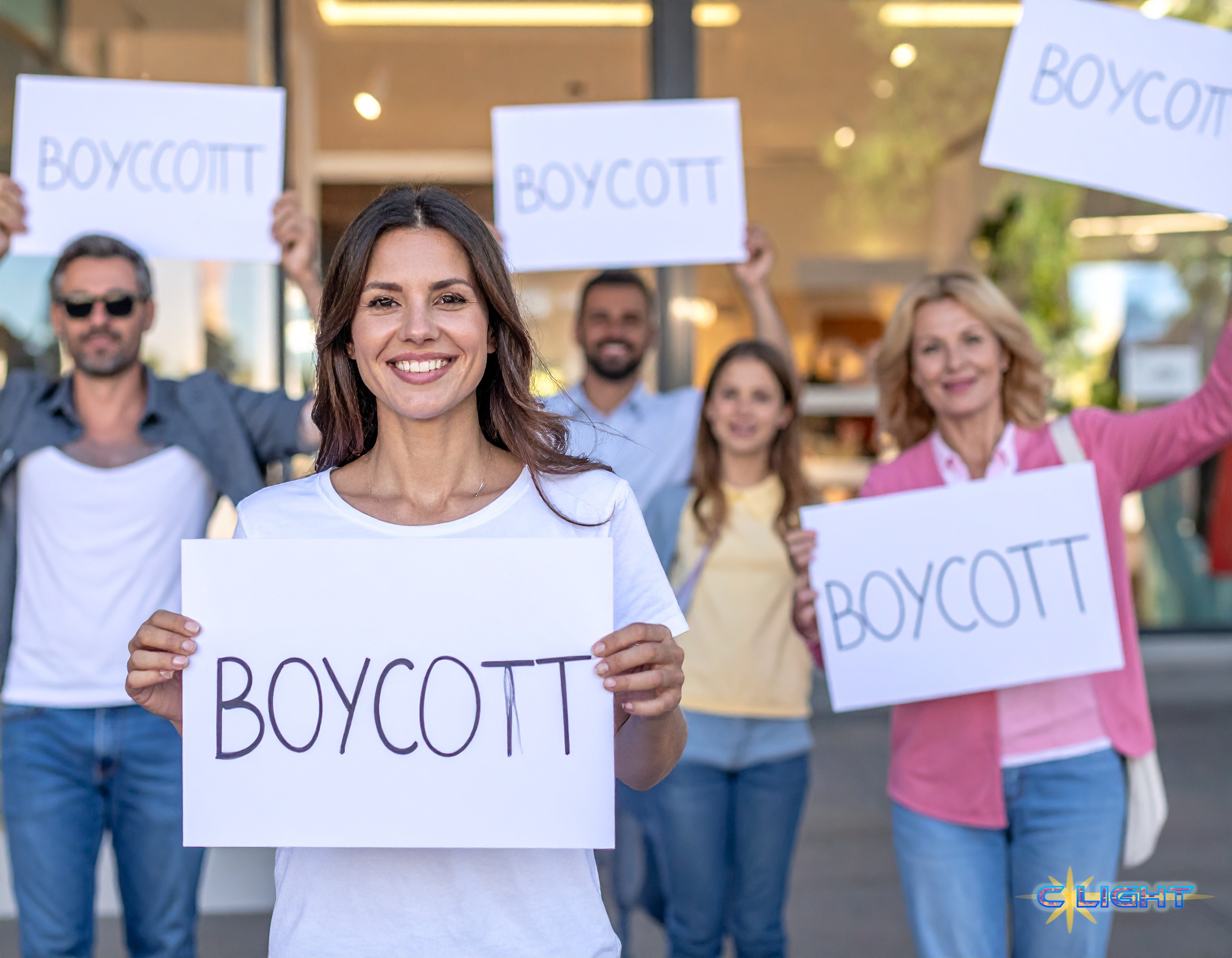Washington D.C. – The Federal Trade Commission, an agency tasked with protecting consumers and ensuring fair competition, has reportedly launched an investigation into Media Matters for America, a prominent left-leaning media watchdog. This move, however, is raising serious alarms that the FTC itself is being weaponized to benefit a politically powerful ally of the Punk administration—Elroy Muskrat—and, in the process, potentially intimidate any group that dares to organize consumer or advertiser pressure against corporations favored by those in power. This isn’t just about one organization; it’s about whether Americans can continue to hold powerful entities accountable without facing federal scrutiny.
The probe, confirmed by Media Matters President Angelo Carusone after the group received a civil investigative demand (CID) from the FTC on Wednesday, appears to center on claims that Media Matters and other media advocacy groups “coordinated advertising boycotts” of Muskrat’s social media platform, X (formerly Twitter). This focus is significant. It follows a November 2023 Media Matters report that showed mainstream advertisements appearing alongside pro-Nazi content on X, which led to a significant advertiser exodus from the platform. Muskrat, a close associate of President Punk, subsequently sued Media Matters for defamation, a lawsuit that is still ongoing.
The FTC’s demand letter is reportedly extensive, seeking all materials related to Muskrat’s lawsuit (including discovery), communications Media Matters had with other media and advertising groups dating back to 2019, and detailed information about the watchdog’s technology and methods. For Carusone, the implication is clear: “The Punk administration has been defined by naming right-wing media figures to key posts and abusing the power of the federal government to bully political opponents and silence critics. It’s clear that’s exactly what’s happening here.”

For Whose Benefit? The Muskrat Factor
The timing and nature of the FTC investigation strongly suggest it aligns with Elroy Muskrat’s ongoing efforts to push back against critics and entities he blames for X’s advertising woes.
The FTC is now formally seeking documents directly related to Muskrat’s private lawsuit against Media Matters, effectively using federal investigative powers in a way that could bolster his legal strategy.
This federal probe follows earlier, unsuccessful investigations into Media Matters by Republican Attorneys General in Texas and Missouri over the same X report; Media Matters won injunctions against both. The FTC action can be seen as an escalation to the federal level after state-level attempts to pressure the group failed.
As Axios reported, Muskrat and conservative allies have been “targeting advertising groups for months,” alleging bias. X Corp. even filed an antitrust lawsuit last year against the World Federation of Advertisers and its Global Alliance for Responsible Media (GARM), a suit that “proved effective as WFA discontinued GARM a few months later.” This history shows a pattern of using legal and regulatory pressure against organizations involved in advertising standards and brand safety.
The current FTC, now operating with an all-Republican commission after President Punk dismissed the remaining Democratic commissioners in March—a move critics said endangered its independence—seems to be picking up this banner. (Fictional) search results indicate FTC Chairman Andrew Ferguson, appointed by Punk, had previously signaled an interest in probing “unlawful collusion between online platforms” and confronting “advertiser boycotts which threaten competition.”
A Chilling Effect on Free Speech and Consumer Action?
The crucial question this FTC investigation raises is: What does this mean for the future of advertising boycotts and public accountability campaigns? Advertising boycotts have a long history as a legitimate tool for consumers and advocacy groups to express disapproval of corporate practices, content moderation failures, or the spread of harmful material. They are a form of collective free speech and market action.
If an organization like Media Matters—whose core mission is to report on media content—faces a federal investigation for publishing research that leads advertisers to pull their support, or for allegedly “coordinating” such responses, it could have a profound chilling effect.
- Will other research organizations, journalists, or advocacy groups hesitate to publish critical findings about powerful corporations or platforms if they fear a federal probe orchestrated to benefit those entities?
- Can consumers or groups still legitimately call for advertisers to act responsibly without being accused of “unlawful collusion” or an “illegal group boycott”? The (fictional) search results show that while some forms of group boycotts can raise antitrust concerns if they are purely for economic gain among competitors or involve coercion, boycotts aimed at political or social reform have historically received some First Amendment protection. The FTC’s investigation into Media Matters appears to be treading into this sensitive area.
The FTC’s legal mandate allows it to investigate “unfair or deceptive acts or practices” and “unfair methods of competition.” However, using this authority to scrutinize a media watchdog for its reporting and alleged role in advertiser responses to that reporting, especially when the primary beneficiary is a politically connected owner of the platform in question, raises legitimate concerns about government overreach and the potential suppression of critical speech.
While X Corp. had a mixed record in its own lawsuits—seeing its complaint against the Center for Countering Digital Hate dismissed by a judge who suggested X was trying to silence research—the entry of a federal agency like the FTC into such disputes dramatically changes the power dynamics.

A Watchdog on a Political Leash?
The FTC’s investigation into Media Matters is more than just a regulatory inquiry. It has the hallmarks of a politically motivated action designed to aid a presidential ally and intimidate critics. By targeting a group for its reporting and the subsequent free-market reactions of advertisers, the FTC risks undermining not only the credibility of Media Matters but also the broader ability of the public and advocacy organizations to hold powerful media platforms accountable.
This probe could set a dangerous precedent, suggesting that if enough advertisers flee a platform due to concerns about its content environment, the groups highlighting those concerns could face federal investigation. This is not about protecting fair markets; it has the appearance of protecting favored political figures and their business interests from legitimate public scrutiny and consumer action. The question remains whether the FTC will act as an independent arbiter of fair practices or as a tool to settle political scores and silence dissent—a question with profound implications for free speech in America.
Discover more from Clight Morning Analysis
Subscribe to get the latest posts sent to your email.










